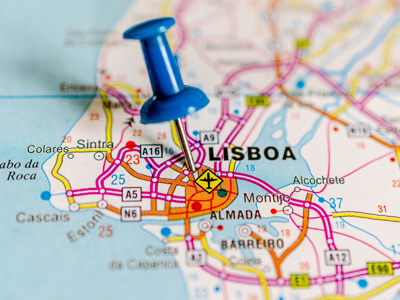
Eurosceptics
As the European Economic Community morphed into the European Union, and its member states moved closer together, Britain's membership was called into question by an ever-increasing group of Eurosceptics. The path to Brexit was starting to emerge as new political parties were formed with one aim - to get the UK out of the EU.
At first, these new parties enjoyed little success, but with EU policies like the Maastrict Treaty, a single currency and the Lisbon Treaty, their support was on the rise. UKIP came second in the 2009 European Elections, and first 5 years later. Politicians started to take notice and the Conservative Party decided to take action.
The situation came to a head in the 2015 General Election, when David Cameron promised an ‘In/Out’ referendum. He never thought the vote would take place, and even if it did, surely Remain would win. It was a gamble the PM was prepared to take.
Ready for more?
not all...
quizzers. Try to win a coveted spot on our Hall of Fame Page.







